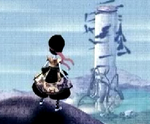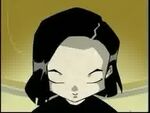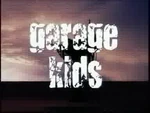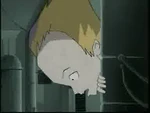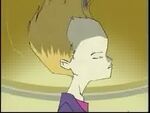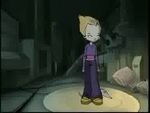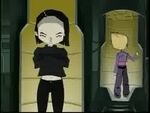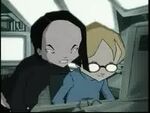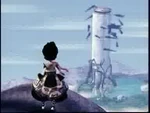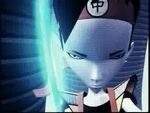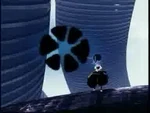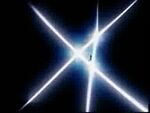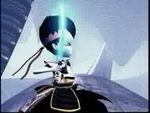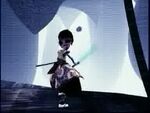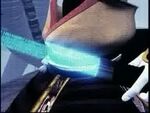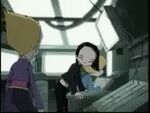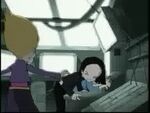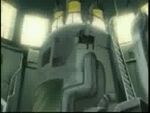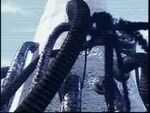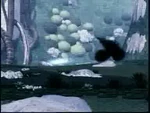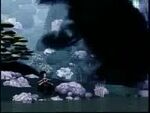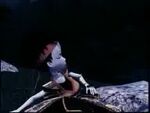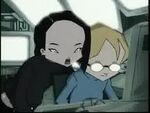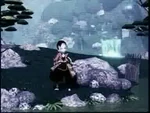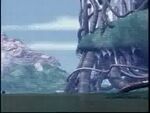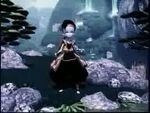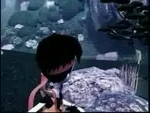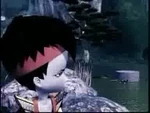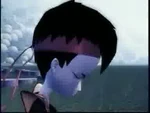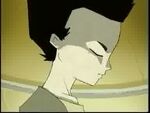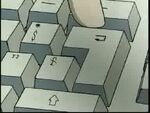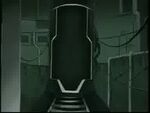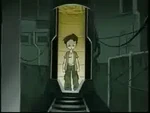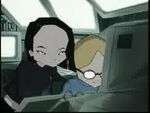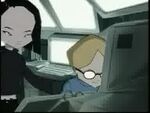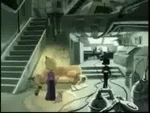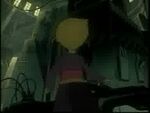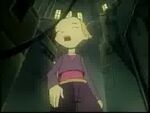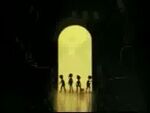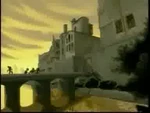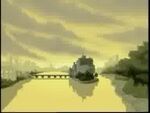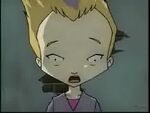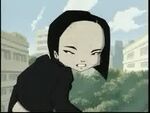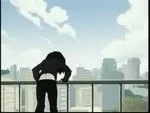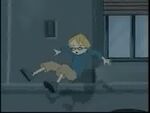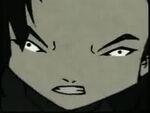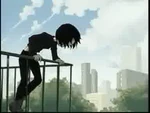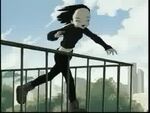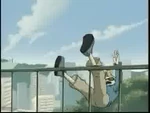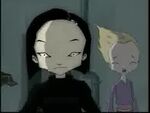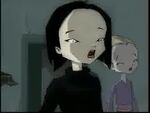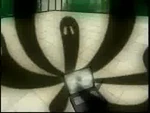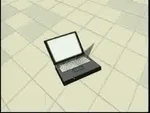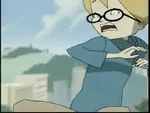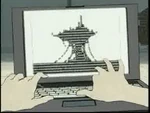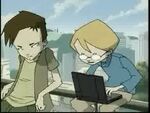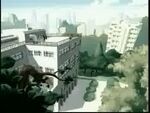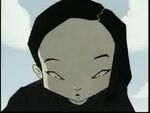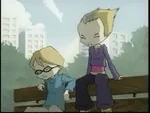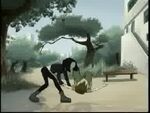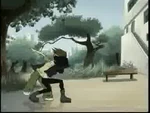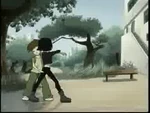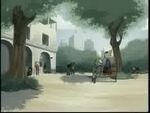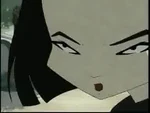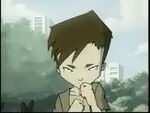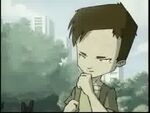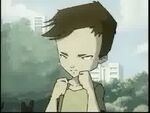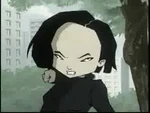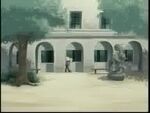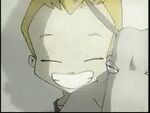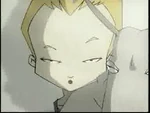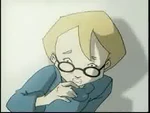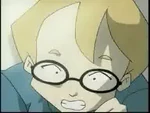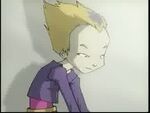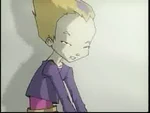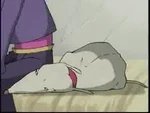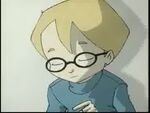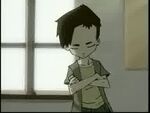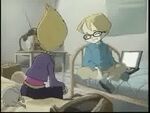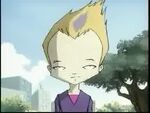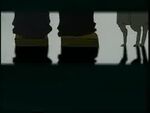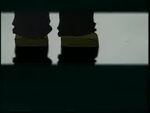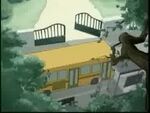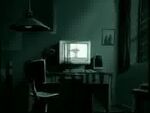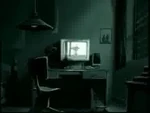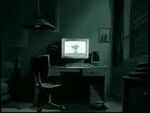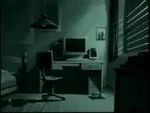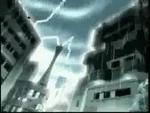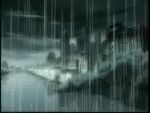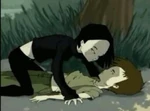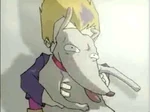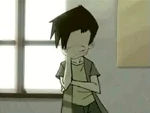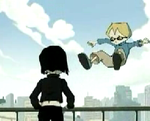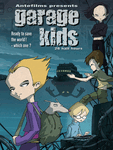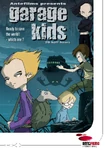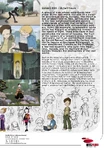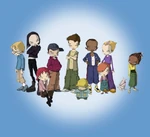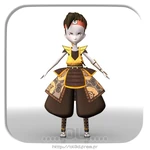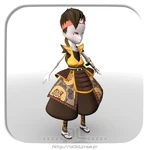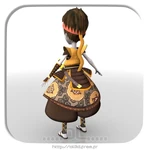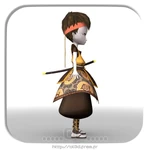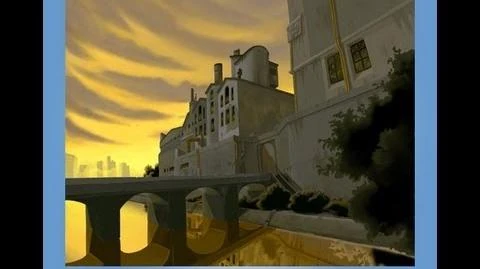m (Bot: Adding pt:Code Lyoko#Garage Kids, sr:Garage Kids) Tag: apiedit |
(→Trivia) Tag: Visual edit |
||
| (2 intermediate revisions by 2 users not shown) | |||
| Line 17: | Line 17: | ||
==Trivia== |
==Trivia== |
||
* Originally, the 26-episode series slated for production were structured as a continuous story-line, much like Thomas Romain's other work, ''Oban Star Racers'', but the executives, not wanting viewers to be lost midway, demanded that plot progression be scrapped by the time the concept evolved into ''Code Lyoko''. This, along with a much lower budget than had been desired, was one of the major factors in Romain leaving the project. |
* Originally, the 26-episode series slated for production were structured as a continuous story-line, much like Thomas Romain's other work, ''Oban Star Racers'', but the executives, not wanting viewers to be lost midway, demanded that plot progression be scrapped by the time the concept evolved into ''Code Lyoko''. This, along with a much lower budget than had been desired, was one of the major factors in Romain leaving the project. |
||
| − | * Here Ulrich's name is spelled differently: as "Ulrick". |
+ | * Here, Ulrich's name is spelled differently: as "Ulrick". |
| − | * Here Ulrich's [[katana]] blade is made of binary code. |
+ | * Here, Ulrich's [[katana]] blade is made of binary code. |
* Superpowers, such as Yumi's exceptionally strong [[telekinesis]] and Ulrich's [[Super Sprint|superhuman speed]], are capable of being used in the real world as well as the virtual world of [[Xanadu]]. |
* Superpowers, such as Yumi's exceptionally strong [[telekinesis]] and Ulrich's [[Super Sprint|superhuman speed]], are capable of being used in the real world as well as the virtual world of [[Xanadu]]. |
||
* Odd seemingly intended not to go to Xanadu; afraid of being virtualized. |
* Odd seemingly intended not to go to Xanadu; afraid of being virtualized. |
||
| − | * [[Aelita]] nor [[X.A.N.A.]] are present in this version; Xanadu is instead haunted by monsters who activate [[tower]] |
+ | * [[Aelita]] nor [[X.A.N.A.]] are present in this version; Xanadu is instead haunted by monsters who activate [[tower|towers]] and are not controlled by some higher power. And seemingly to deactivate a tower, one must kill the monsters haunting the tower. |
* Ulrich's pants are much poofter, unlike in [[Code Lyoko|''Code Lyoko'']]. |
* Ulrich's pants are much poofter, unlike in [[Code Lyoko|''Code Lyoko'']]. |
||
* The virtual world's name, Xanadu, might have helped [[Antefilms]] make the name of the villain in the TV show; a malevolently rouge artificial intelligence/multi-agent system named [[X.A.N.A.]] |
* The virtual world's name, Xanadu, might have helped [[Antefilms]] make the name of the villain in the TV show; a malevolently rouge artificial intelligence/multi-agent system named [[X.A.N.A.]] |
||
| Line 67: | Line 67: | ||
[[ru:Garage Kids]] |
[[ru:Garage Kids]] |
||
[[sr:Garage Kids]] |
[[sr:Garage Kids]] |
||
| + | [[Category:Code Lyoko]] |
||
Revision as of 13:02, 16 August 2019
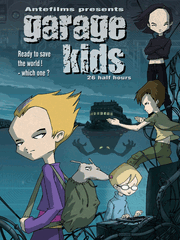
Original Promotional Poster
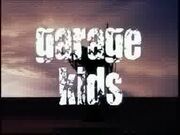
The Garage Kids Logo
Garage Kids is a short pilot episode made in 2001 that was the original concept of Code Lyoko, which was officially produced in the year 2003.
Original concept and Plot
- From the Garage Kids Promotional Documents
A group of kids whose adventures take place in the real world but also in a parallel and virtual world, Xanadu. A boy of about twelve, Odd, arrives one day in his new neighborhood and quickly understands that his three new friends are gifted with extraordinary abilities of their own- Yumi possesses unusually strong telekinetic powers, Ulrich is gifted with the ability of superhuman speed, and Jeremie is extremely smart and highly intelligent; being capable of inventing complex gadgets and machinery from scrap with ease.
These kids have in fact penetrated the secret of Xanadu, the fruit of the labors of a research group whose laboratory, set in an environment inspired by the old Renault automobile factory on the Île Seguin at Boulogne-Billancourt, is now abandoned. Created by the Professor, a learned eccentric who gradually sunk into madness, the virtual world of Xanadu and its multiple disturbances threaten to destroy the real world.
Built on the model of a soap opera which unfolds through the series, Garage Kids offers in each of its 26 episodes of 26 minutes a complete story in which Odd and his friends – Yumi, Ulrich and also Jeremie, a computer wizard – try to end one of the disturbances in the computer network caused by Xanadu's exuberance. While the idea of clandestine natures and hidden identities should seduce the children while feeding their imaginations, Garage Kids rests on the fascination that video games hold for kids today. A confrontation between the real world and Xanadu fully vindicates that of 2D and of 3D. Influenced by the poetry and the visual impact of Japanese animation, the series proposes a graphic universe that's particularly original and strong.
History
Thomas Romain and Tania Palumbo originally made Les enfants at Gobelins, as the introduction to an animation festival. Based on this, they were hired at Antefilms by Christophe Di Sabatino and Benoît Di Sabatino. From there, they produced Garage Kids as a prototype. Later, this evolved into Code Lyoko's literary and graphic bibles. Thomas Romain left at this time to work on Oban Star Racers.
Trivia
- Originally, the 26-episode series slated for production were structured as a continuous story-line, much like Thomas Romain's other work, Oban Star Racers, but the executives, not wanting viewers to be lost midway, demanded that plot progression be scrapped by the time the concept evolved into Code Lyoko. This, along with a much lower budget than had been desired, was one of the major factors in Romain leaving the project.
- Here, Ulrich's name is spelled differently: as "Ulrick".
- Here, Ulrich's katana blade is made of binary code.
- Superpowers, such as Yumi's exceptionally strong telekinesis and Ulrich's superhuman speed, are capable of being used in the real world as well as the virtual world of Xanadu.
- Odd seemingly intended not to go to Xanadu; afraid of being virtualized.
- Aelita nor X.A.N.A. are present in this version; Xanadu is instead haunted by monsters who activate towers and are not controlled by some higher power. And seemingly to deactivate a tower, one must kill the monsters haunting the tower.
- Ulrich's pants are much poofter, unlike in Code Lyoko.
- The virtual world's name, Xanadu, might have helped Antefilms make the name of the villain in the TV show; a malevolently rouge artificial intelligence/multi-agent system named X.A.N.A.
- The 2D animation in Garage Kids & Les enfants is much more fluid than the ones in Code Lyoko.
- The character art that appears during the credits were reused in the credits sequence for the first season of Code Lyoko, in addition, the scenes where the characters are virtualized were recycled throughout the first three seasons, as well as episodes of Season 4 that used the old style of clothing.
- While not seen in 3D, Odd and Yumi's virtual designs have been seen in concept art, Odd's design is virtually unchanged in Garage Kids, and Yumi had longer sleeves.
- There are 2 pieces of music that play in this short.
- The first one is "Pirates" from the soundtrack of the 1998 movie, Six Days Seven Nights.
- The second one during the credits is "Love Foolosophy" by Jamiroquai.

